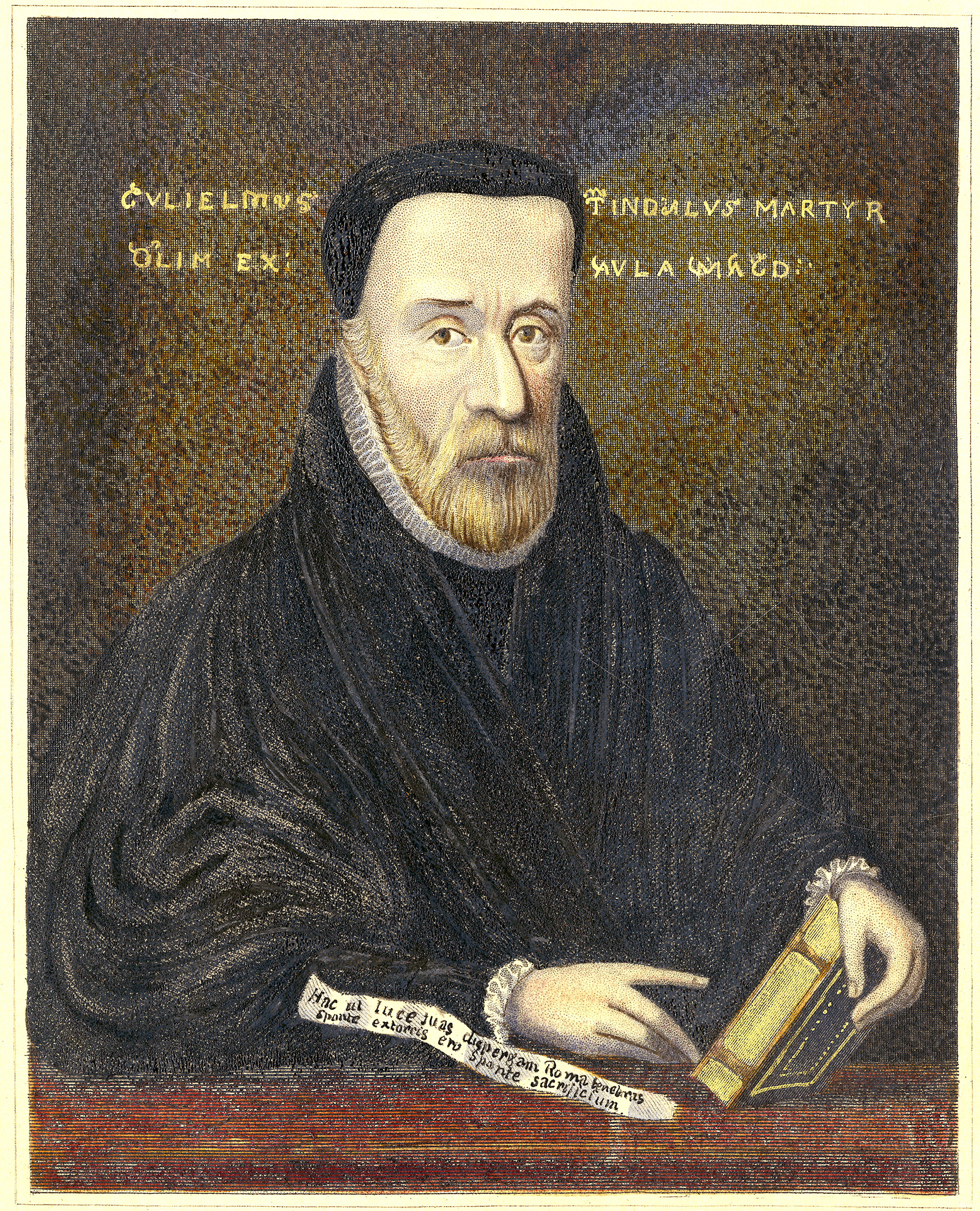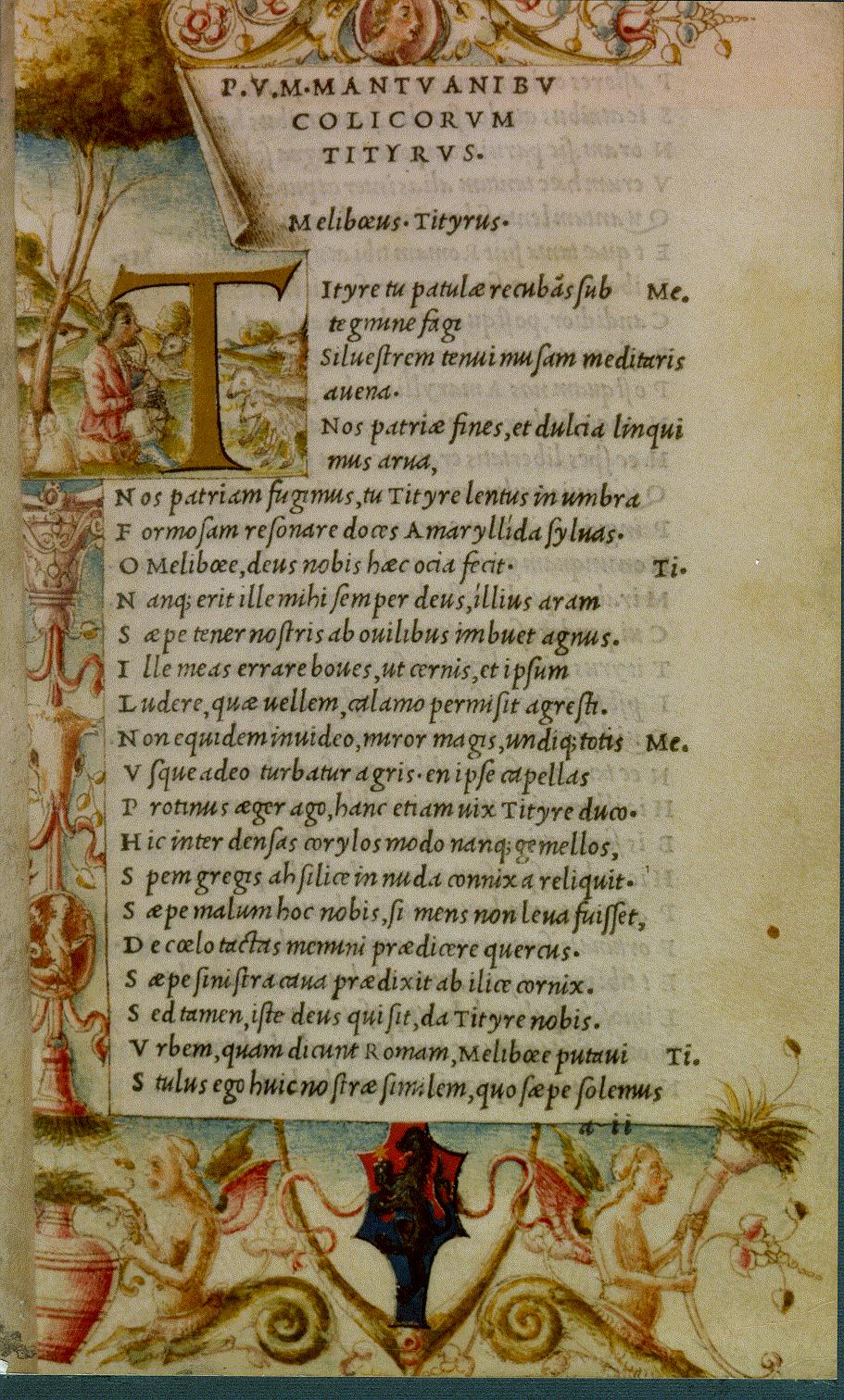|
Works Of Erasmus
Desiderius Erasmus was the most popular, most printed and arguably most influential author of the early Sixteenth Century, read in all nations in the West and frequently translated. By the 1530s, the writings of Erasmus accounted for 10 to 20 percent of all book sales in Europe. "Undoubtedly he was the most read author of his age." His vast number of Latin and Greek publications included translations, paraphrases, letters, textbooks, plays for schoolboys, commentary, poems, liturgies, satires, sermons, and prayers. He is noted for his extensive scholarly editions of the Novum Instrumentum omne, New Testament and the complete works of numerous Church Fathers. A large number of his later works were defences of his earlier work from attacks by Catholic and Protestant theological and literary opponents. His work was at the forefront of the contemporary Counter-Reformation#Terminology, Catholic Reformation and advocated a spiritual reform program he called the ''"Erasmus#Philosophia_C ... [...More Info...] [...Related Items...] OR: [Wikipedia] [Google] [Baidu] |
Hans Holbein D
Hans may refer to: __NOTOC__ People * Hans (name), a masculine given name * Hans Raj Hans, Indian singer and politician ** Navraj Hans, Indian singer, actor, entrepreneur, cricket player and performer, son of Hans Raj Hans ** Yuvraj Hans, Punjabi actor and singer, son of Hans Raj Hans * Hans clan, a tribal clan in Punjab, Pakistan Places * Hans, Marne, a commune in France * Hans Island, administrated by Greenland and Canada Arts and entertainment * Hans (film), ''Hans'' (film) a 2006 Italian film directed by Louis Nero * Hans (Frozen), the main antagonist of the 2013 Disney animated film ''Frozen'' * Hans (magazine), ''Hans'' (magazine), an Indian Hindi literary monthly * ''Hans'', a comic book drawn by Grzegorz Rosiński and later by Zbigniew Kasprzak Other uses * Clever Hans, the "wonder horse" * ''The Hans India'', an English language newspaper in India * HANS device, a racing car safety device *Hans, the ISO 15924 code for Simplified Chinese script See also *Han (disambig ... [...More Info...] [...Related Items...] OR: [Wikipedia] [Google] [Baidu] |
Publio Fausto Andrelini
Publio Fausto Andrelini (c. 1462 – 25 February 1518) was an Italian humanist poet, an intimate friend of Erasmus in the 1490s, who spread the New Learning in France. He taught at the University of Paris as "professor of humanity" from 1489, and became a court poet in the circle around Anne of Brittany, the queen to two kings. Life and work Andrelini was born in Forlì. He studied law at the University of Bologna and received humanistic polish in the Roman academy of Pomponius Leto. When Leto received from Frederick III a dispensation to grant the laurel wreath, Andrelini was the first to receive it. He left the household of Ludovico Gonzaga, bishop of Mantua in 1488, for France, where he gained a position at the University of Paris teaching poetry, and attracted the notice of Charles VIII by a reading in 1496 from his ''De Neapolitana Fornoviensique victoria'', and received an annuity. Publications He published editions of the Latin poets. His pastoral ''Eclogues'', fu ... [...More Info...] [...Related Items...] OR: [Wikipedia] [Google] [Baidu] |
A Scholar Treads On A Market Woman's Basket Of Eggs, Marginal Drawing By Hans Holbein The Younger
A, or a, is the first letter and the first vowel letter of the Latin alphabet, used in the modern English alphabet, and others worldwide. Its name in English is '' a'' (pronounced ), plural ''aes''. It is similar in shape to the Ancient Greek letter alpha, from which it derives. The uppercase version consists of the two slanting sides of a triangle, crossed in the middle by a horizontal bar. The lowercase version is often written in one of two forms: the double-storey and single-storey . The latter is commonly used in handwriting and fonts based on it, especially fonts intended to be read by children, and is also found in italic type. In English, '' a'' is the indefinite article, with the alternative form ''an''. Name In English, the name of the letter is the ''long A'' sound, pronounced . Its name in most other languages matches the letter's pronunciation in open syllables. History The earliest known ancestor of A is ''aleph''—the first letter of the Phoenician ... [...More Info...] [...Related Items...] OR: [Wikipedia] [Google] [Baidu] |
William Tyndale
William Tyndale (; sometimes spelled ''Tynsdale'', ''Tindall'', ''Tindill'', ''Tyndall''; – ) was an English biblical scholar and linguist who became a leading figure in the Protestant Reformation in the years leading up to his execution. He is well known as a translator of the Bible into English, and was influenced by the works of prominent Protestant Reformers such as Martin Luther. Luther's translation of the Christian Bible into German appeared in 1522. Tyndale's translation was the first English Bible to draw directly from Hebrew and Greek texts, the first English translation to take advantage of the printing press, the first of the new English Bibles of the Reformation, and the first English translation to use '' Jehovah'' ("Iehouah") as God's name as preferred by English Protestant Reformers. It was taken to be a direct challenge to the hegemony both of the Catholic Church and of those laws of England maintaining the church's position. The work of Tyndale cont ... [...More Info...] [...Related Items...] OR: [Wikipedia] [Google] [Baidu] |
Enchiridion Militis Christiani
The ''Handbook of a Christian Knight'' ( lat, Enchiridion militis Christiani), sometimes translated as ''The Manual of a Christian Knight'' or ''The Handbook of the Christian Soldier'', is a work written by Dutch scholar Erasmus of Rotterdam in 1501, and was first published in English in 1533 by William Tyndale. During a stay in Tournehem, a castle near Saint-Omer in the north of modern-day France, Erasmus encountered an uncivilized, yet friendly soldier who was an acquaintance of Battus, Erasmus' close friend. On the request of the soldier's pious wife, who felt slighted by her husband's behaviour, Battus asked Erasmus to write a text which would convince the soldier of the necessity of mending his ways, which he did. The resulting work was eventually re-drafted by Erasmus and expanded into the ''Enchiridion militis Christiani''. The ''Enchiridion'' is an appeal on Christians to act in accordance with the Christian faith rather than merely performing the necessary rites. ... [...More Info...] [...Related Items...] OR: [Wikipedia] [Google] [Baidu] |
Richard Taverner
Richard Taverner (1505 – 14 July 1575) was an English author and religious reformer. He is best known for his Bible translation, commonly known as Taverner's Bible, but originally titled . Life and works Taverner was born at Brisley (about 20 miles northwest of Norwich). In his youth at Christ Church, Oxford, Taverner got into trouble for reading William Tyndale's New Testament, which was being circulated and promoted there by Thomas Garret. In February 1528, Cardinal Wolsey attempted to apprehend Garret, who escaped temporarily with the help of his friend Anthony Dalaber. After being brought back to Oxford, Garret and Dalaber participated in a public act of penance along with Taverner and others who would play a significant part in the Reformation. He studied at Corpus Christi College and Cardinal College at the University of Oxford, later earning at an MA at Cambridge University. He entered the Inner Temple to study law in 1534. Later, under Thomas Cromwell ... [...More Info...] [...Related Items...] OR: [Wikipedia] [Google] [Baidu] |
Johann Froben
Johann Froben, in Latin: Johannes Frobenius (and combinations), (c. 1460 – 27 October 1527) was a famous printer, publisher and learned Renaissance humanist in Basel. He was a close friend of Erasmus and cooperated closely with Hans Holbein the Younger. He made Basel one of the world's leading centres of the book trade. He passed his printing business on to his son, Hieronymus, and grandson, Ambrosius Frobenius. Biography Froben was born in Hammelburg, Franconia. After completing his university career at Basel, where he made the acquaintance of the famous printer Johann Amerbach (c. 1440 — 1513), Froben established a printing house in that city about 1491, and this soon attained a European reputation for accuracy and taste. In 1500, he married the daughter of the bookseller Wolfgang Lachner, who entered into a partnership with him. It was part of Froben's plan to print editions of the Greek Fathers. Between 1496 and 1512 he was in a printing alliance together with Amerbac ... [...More Info...] [...Related Items...] OR: [Wikipedia] [Google] [Baidu] |
Aldine Press
The Aldine Press was the printing office started by Aldus Manutius in 1494 in Venice, from which were issued the celebrated Aldine editions of the classics (Latin and Greek masterpieces, plus a few more modern works). The first book that was dated and printed under his name appeared in 1495. The Aldine Press is famous in the history of typography, among other things, for the introduction of italics. The press was the first to issue printed books in the small octavo size, similar to that of a modern paperback, and like that intended for portability and ease of reading. According to Curt F. Bühler, the press issued 132 books during twenty years of activity under Aldus Manutius. After Aldus’s death in 1515, the press was continued by his wife Maria and her father, Andrea Torresani (), until his son, Paulus Manutius (1512–1574) took over. His grandson Aldus Manutius the Younger then ran the firm until his death in 1597. Today, the antique books printed by the Aldine Press in V ... [...More Info...] [...Related Items...] OR: [Wikipedia] [Google] [Baidu] |
Call A Spade A Spade
"Call a spade a spade" is a figurative expression. It refers to calling something "as it is"—that is, by its right or proper name, without " beating about the bush", but rather speaking truthfully, frankly, and directly about a topic, even to the point of bluntness or rudeness, and even if the subject is considered coarse, impolite, or unpleasant. The idiom originates in the classical Greek of Plutarch's ''Apophthegmata Laconica,'' and was introduced into the English language in 1542 in Nicolas Udall's translation of the '' Apophthegmes'', where Erasmus had seemingly replaced Plutarch's images of "trough" and "fig" with the more familiar "spade". It has appeared in many literary and popular works, including those of Oscar Wilde, Charles Dickens, Ralph Waldo Emerson, W. Somerset Maugham, and Jonathan Swift. Definition "Call a spade a spade" or "call a spade a shovel" are both forms of the figurative expression which state that the speaker should call, or has called, a n ... [...More Info...] [...Related Items...] OR: [Wikipedia] [Google] [Baidu] |
The Eagle And The Beetle
The story of the feud between the eagle and the beetle is one of Aesop's Fables and often referred to in Classical times. It is numbered 3 in the Perry Index and the episode became proverbial. Although different in detail, it can be compared to the fable of The Eagle and the Fox. In both cases the eagle believes itself safe from retribution for an act of violence and is punished by the destruction of its young. The fable and its variations A hare that is fleeing from an eagle begs a beetle for shelter. The beetle pleads that the right of asylum is guaranteed by Zeus but the eagle, being the bird of Zeus, arrogantly disregards this and tears the hare to pieces. In revenge, the beetle climbs to the eagle's nest and rolls out its eggs, following it up the higher it builds. Finally the eagle lays its eggs in the lap of Zeus but the beetle flies about the god's head, or in some versions rolls a ball of dung onto him, causing the god to leap up and let the eggs fall to the ground. There ... [...More Info...] [...Related Items...] OR: [Wikipedia] [Google] [Baidu] |



_Manual_del_caballero_cristiano.png)


